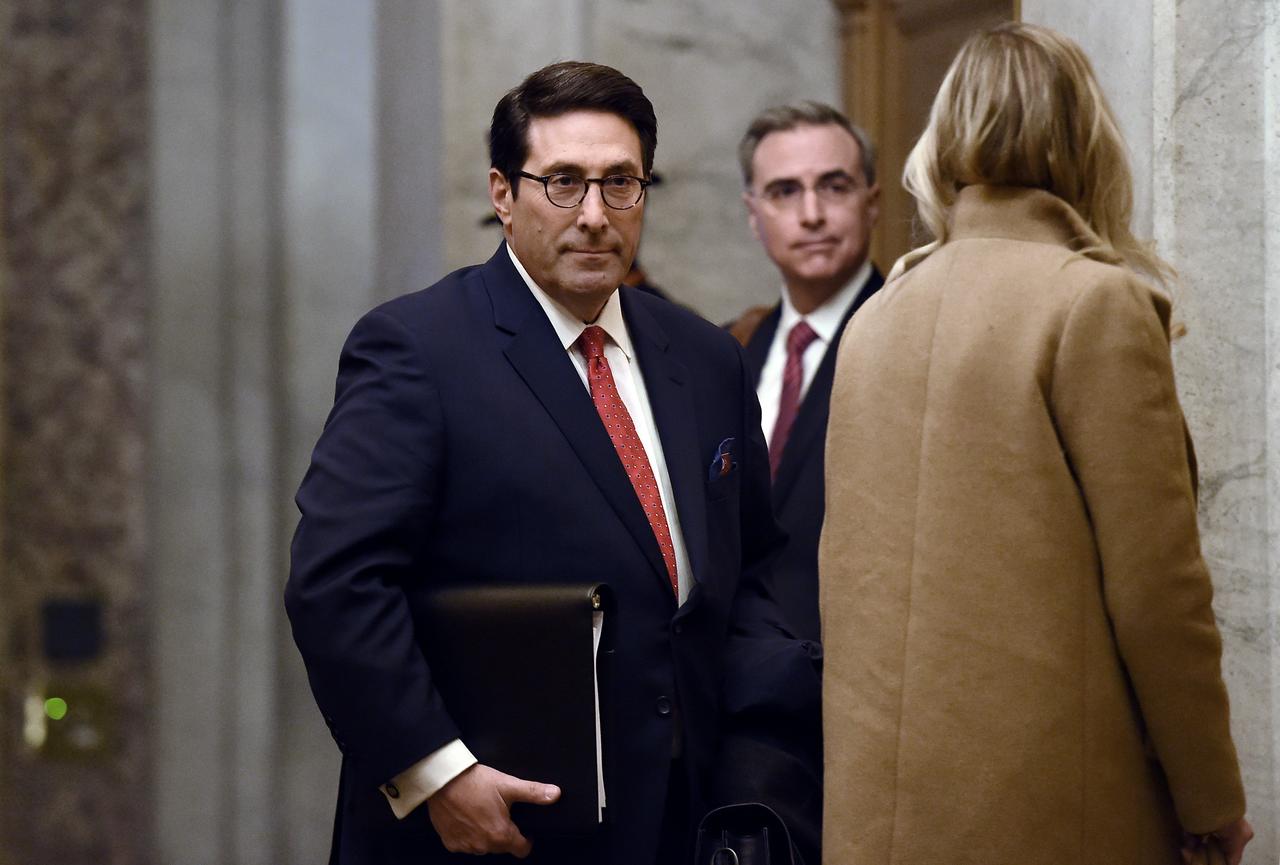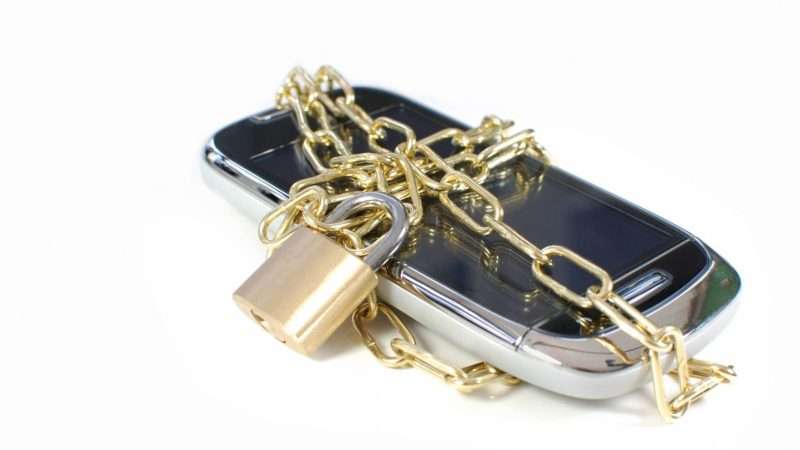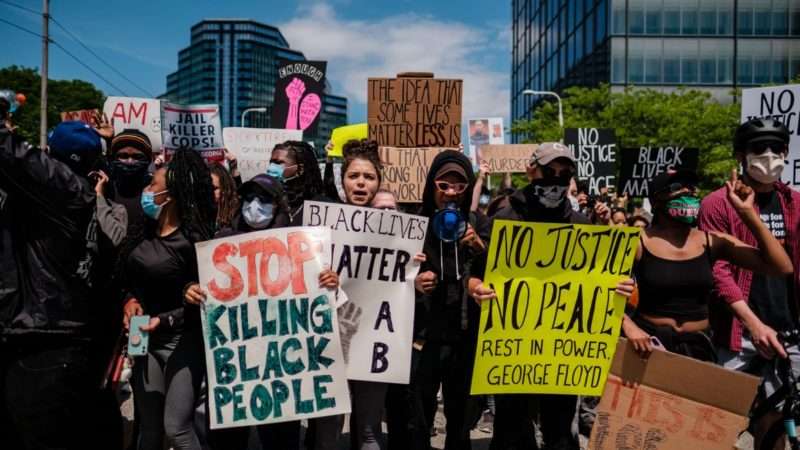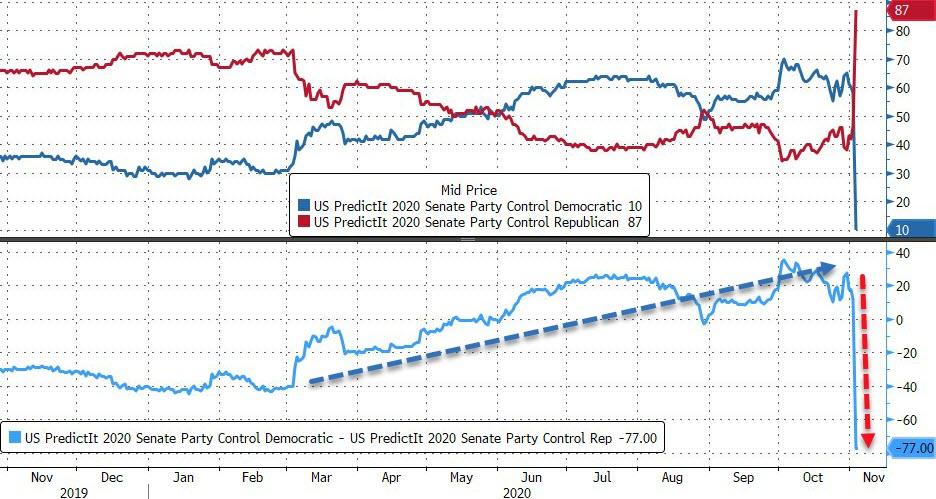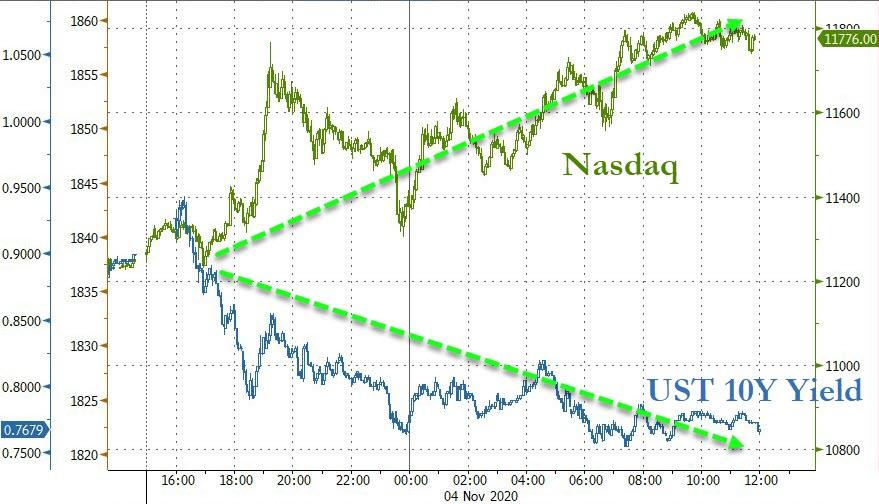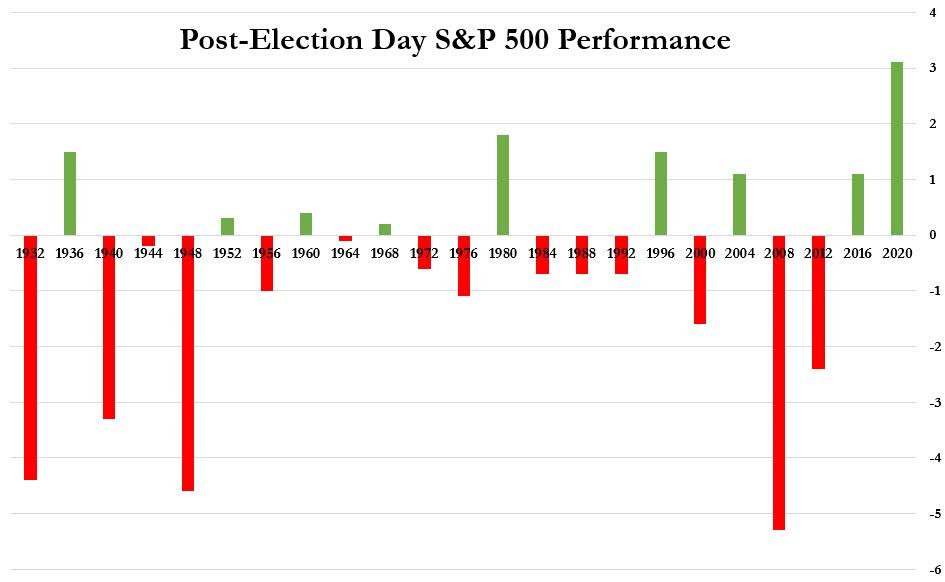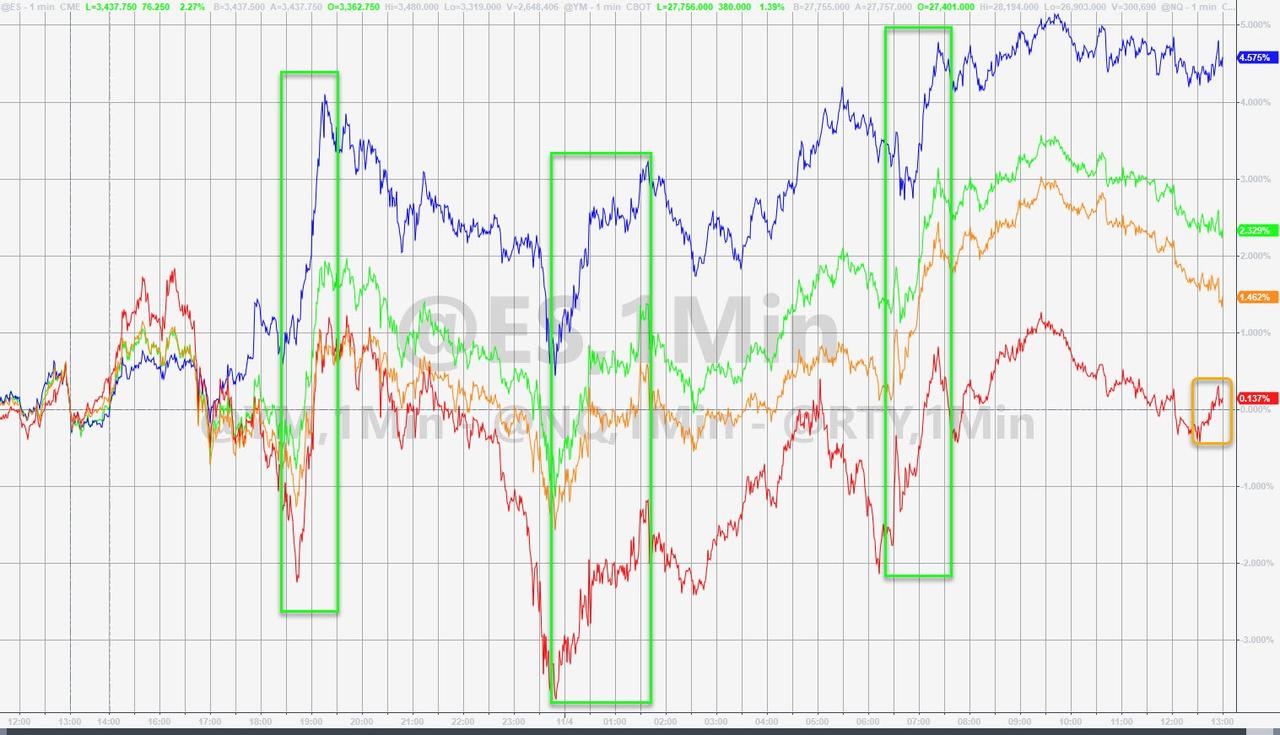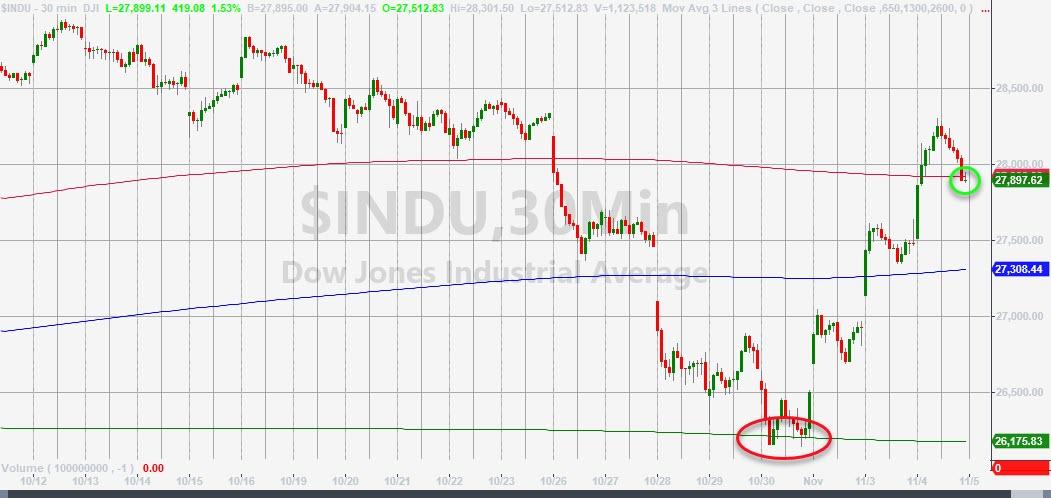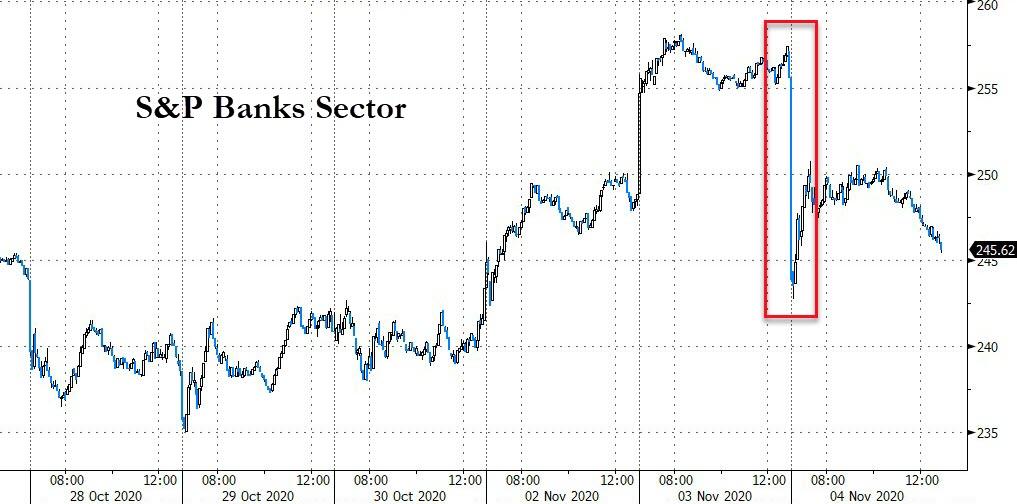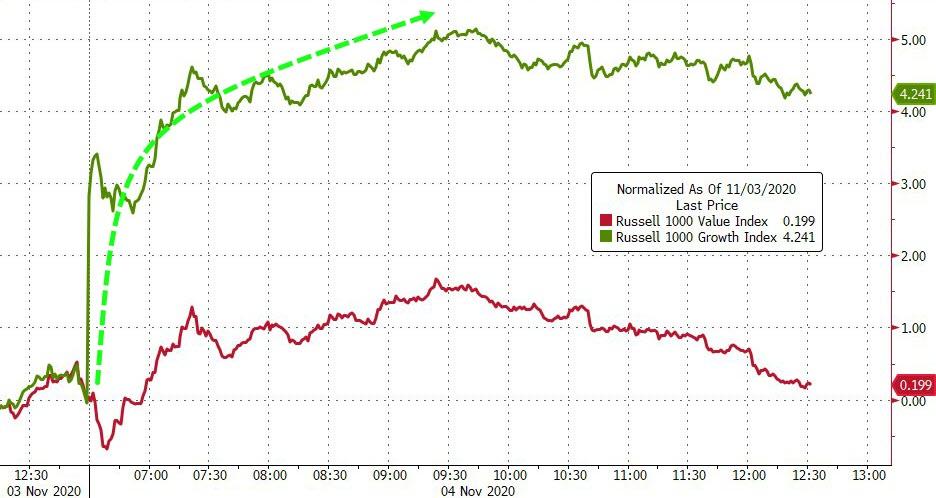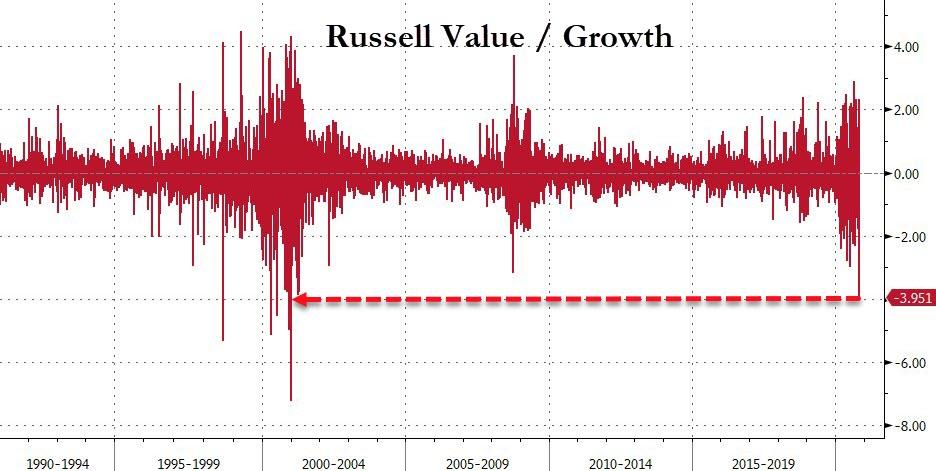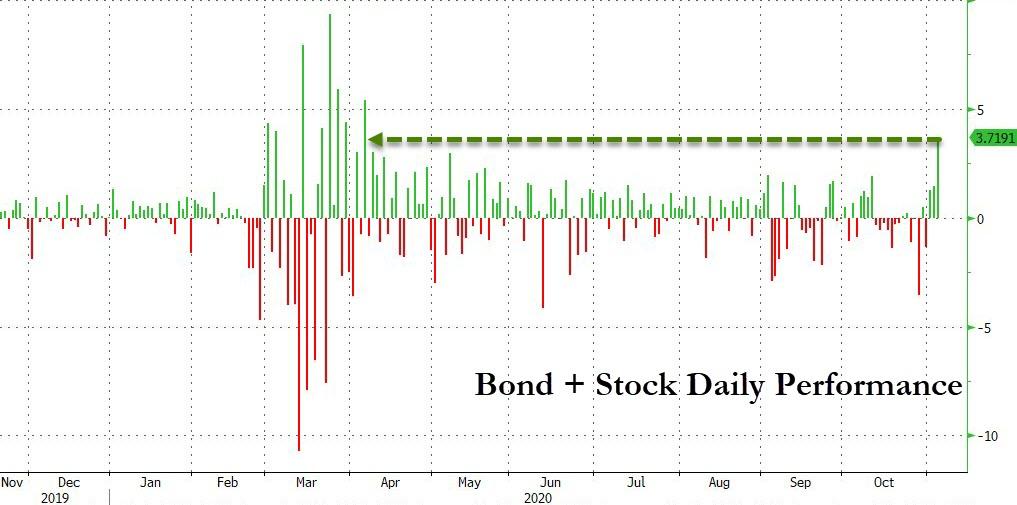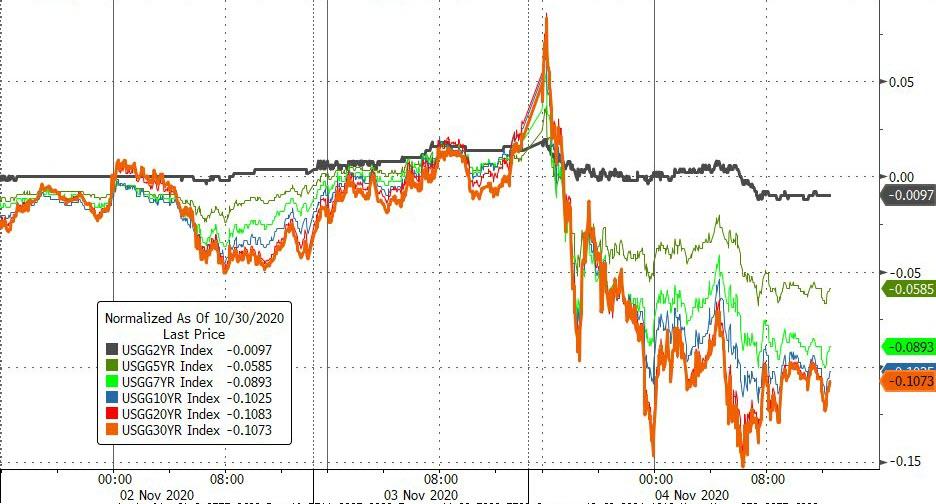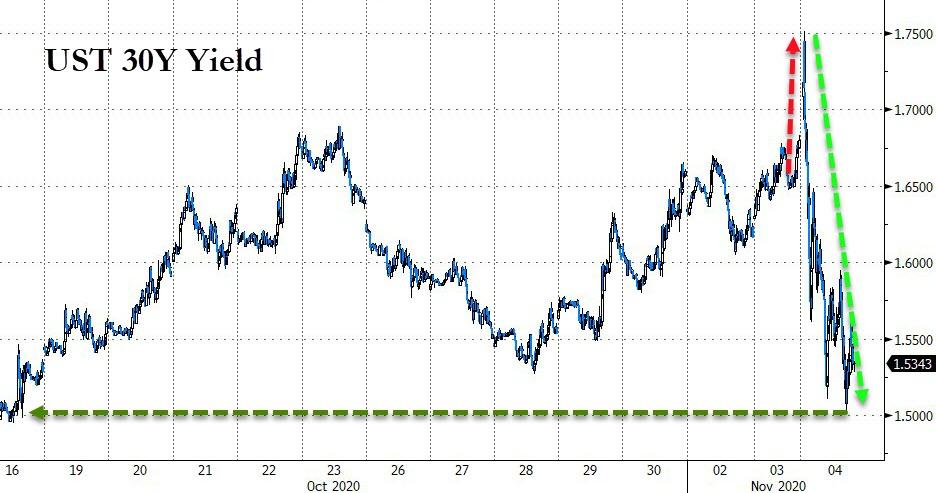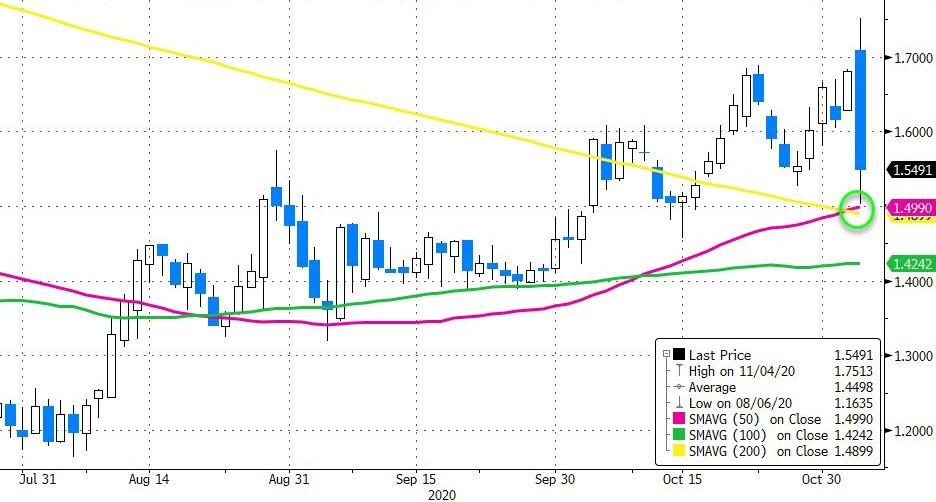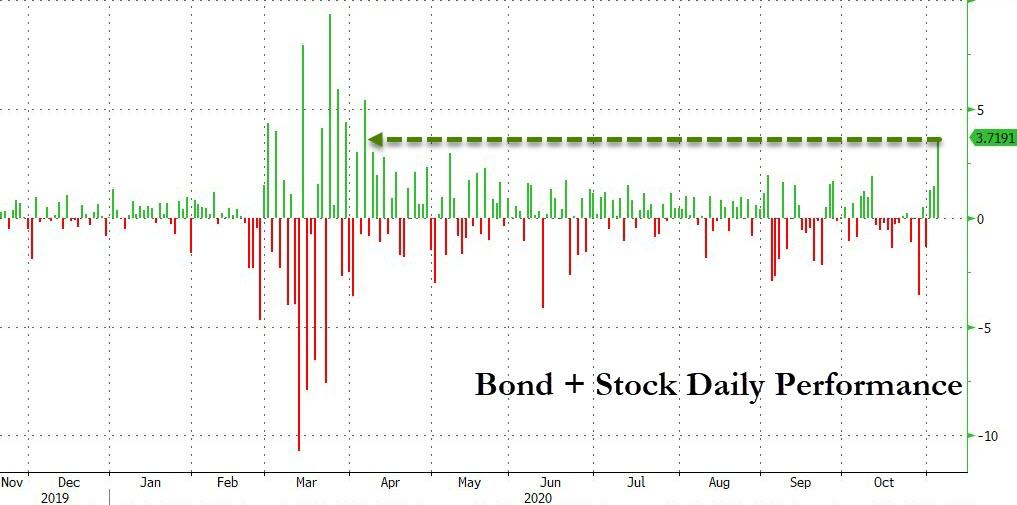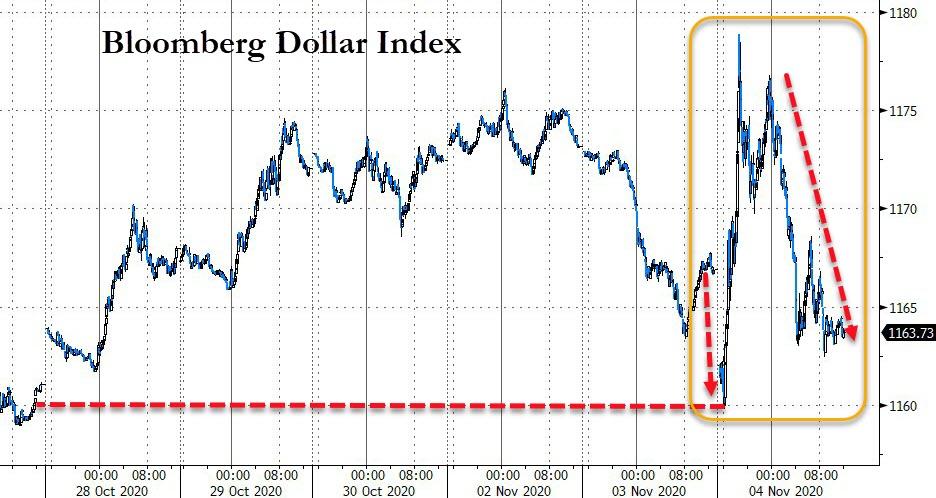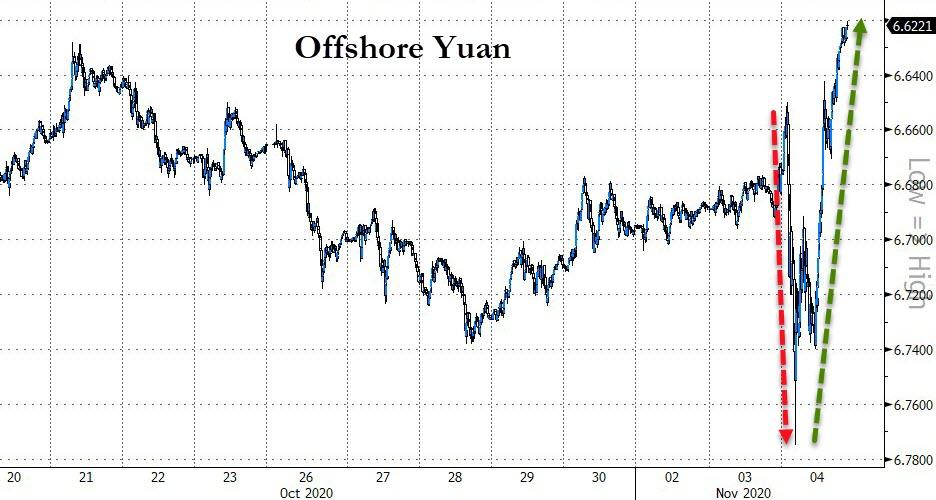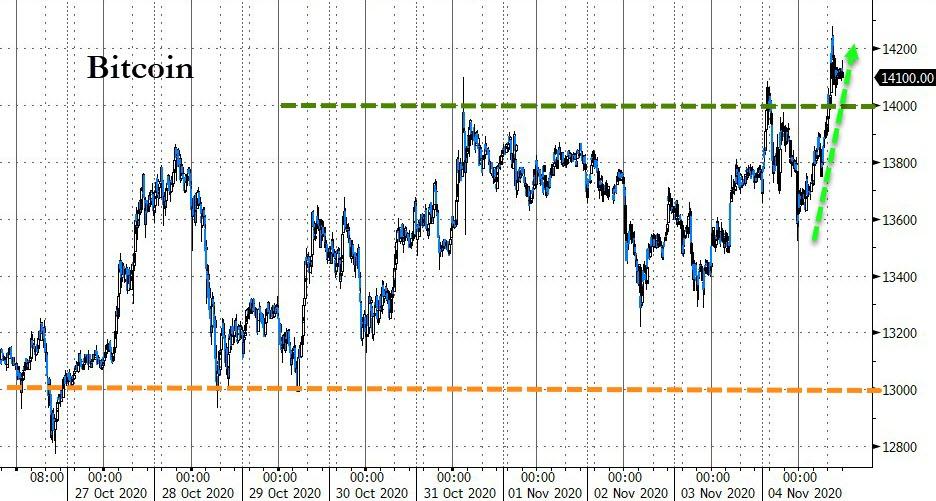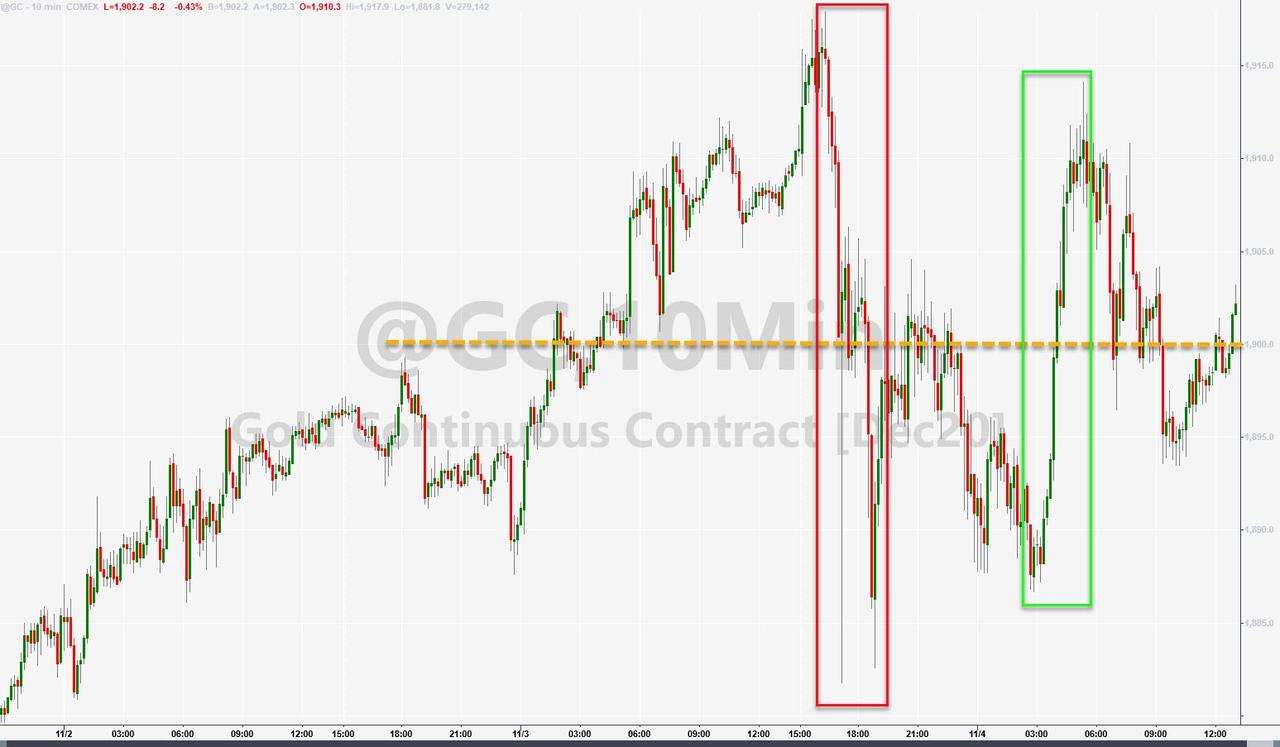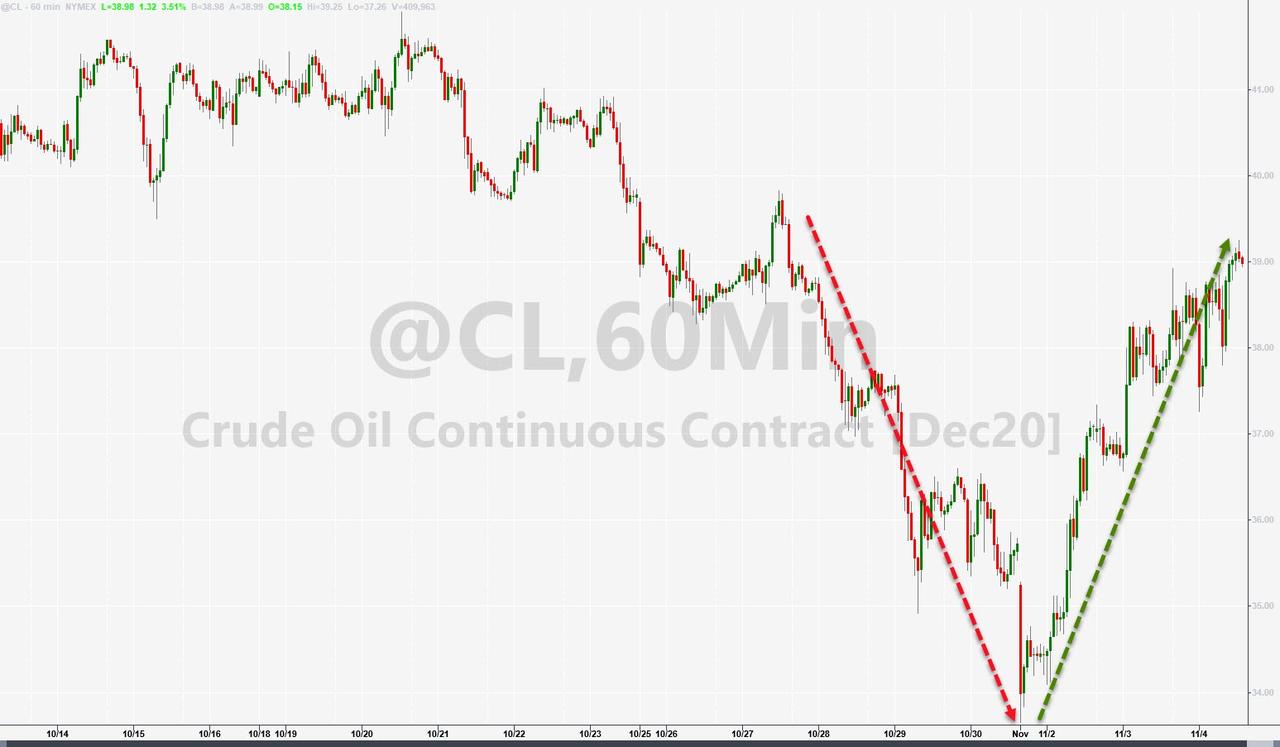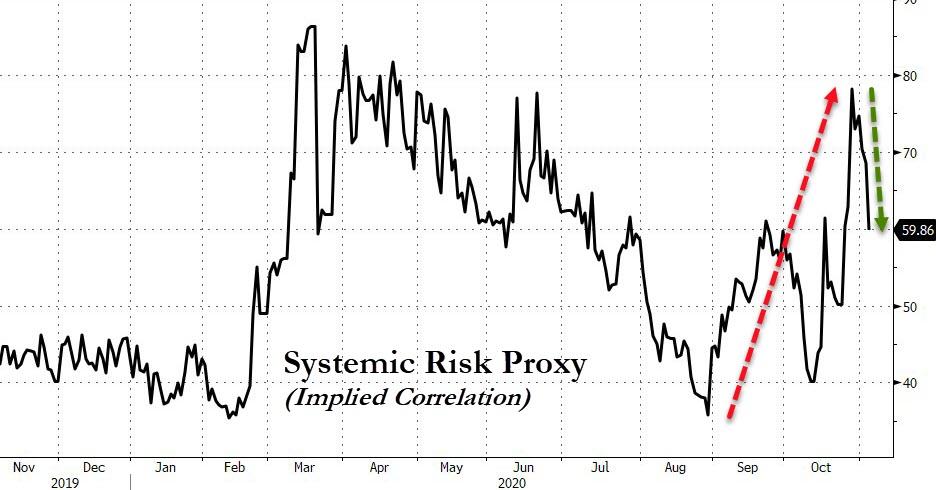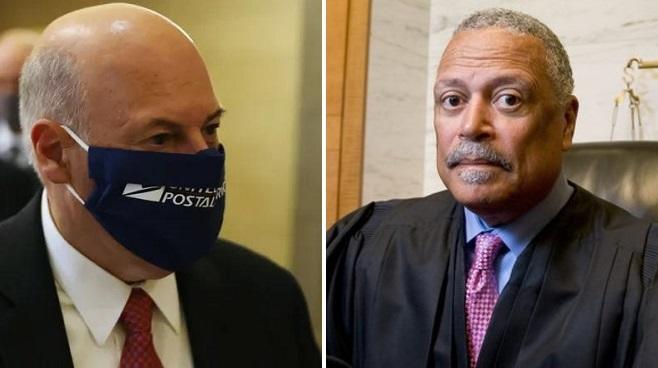As already unimpressive government schools fail the test put to them by the pandemic, families have turned to alternatives old and new to see that their children are educated. Among the popular responses have been learning pods of cooperating families, either to facilitate and enhance the online offerings of public-school systems or else to replace them as stand-alone education environments.
School bureaucrats have responded not by stepping-up their efforts, but by first begging people not to leave, and then lashing out against the competition. It’s an ill-conceived war that they’re bound to lose.
With schools struggling to deal with social-distancing for in-person teaching and to offer effective virtual lessons, “parents are increasingly turning to microschools — very small schools that usually have a specific culture — and learning pods,” The New York Times noted last month. “Microschools can be based outside or inside a home, and may or may not be state-approved and accredited. Learning pods are generally ad hoc and home-based, most having been created this summer in response to public school closings.”
Experimentation with such alternatives has been given impetus by government schools’ widespread inability to master online learning even as teachers unions resist efforts to return kids to physical classrooms. Just this week, the union representing public teachers in Washington, D.C. added to families’ uncertainties by torpedoing the district’s plans for reopening schools.
Amidst this chaos, the exodus has been impressive. In their stand-alone form, learning pods are essentially rebranded homeschooling co-ops, with participants counted as homeschoolers. According to a Gallup survey, after years of steady growth, the ranks of homeschoolers doubled this year from 5 percent of all students to 10 percent; traditional public schools saw a drop in enrollment from 83 percent of all students to 76 percent. The numbers don’t reflect students still enrolled in public schools but working with other kids in learning pods that make up for the failings of the tax-funded institutions.
But nobody likes rejection. That goes just as much for government bureaucrats as for everybody else—and they’ve gone on the attack.
“The ongoing media attention given to pods, along with district reports of declining enrollment at the beginning of the school year, cannot help but attract policymakers’ attention,” the State Policy Network, which links conservative and libertarian think tanks, warned this week. “Proposed rules would impact not only parents who are trying to operate pods out of a home, but also parents who need to form pods to continue their child’s education in a privately-operated setting or community center so that they can return to work. If rules or regulations limit the size of pods or otherwise slow pod growth, this has educational, as well as economic implications, for families, communities, and businesses.”
Not that bureaucrats cop to trying to stifle alternatives. They claim they’re just helpfully pointing to the reams of red tape that bind any efforts at DIY learning.
“Multi-family learning groups may slow the process of returning to school by creating more opportunities for spread among students and families,” the Oregon Department of Education tutted in September. “Providers must follow strict safety and health guidelines to help control spread of the virus to families, children and staff. If multiple families decide to form a learning group and a parent isn’t present, [Early Learning Division] has advised on what constitutes regulated child care to protect the safety of children and families.”
On a similar note, Pennsylvania’s Department of Human Services’ Office of Child Development and Early Learning nagged families that any learning pods of six or more unrelated kids better first notify the state. They also need to have formal health and safety and emergency plans and satisfy other regulatory requirements.
That officials are motivated more by hostility to learning pods than by a bureaucratic notion of helpfulness is apparent from Oregon’s huffing that “these groups also risk leaving out students who are already underserved by our school system.”
Oregon’s phrasing echoes the Denver Board of Education’s complaint that it was “deeply concerned about the pods’ long-term negative implications for public education and social justice” and feared “that further flight will exacerbate academic and opportunity gaps among our children.”
The implication is that families dissatisfied with the floundering government schools and capable of doing better by their children should instead hold the kids back out of concerns for equity. It’s Harrison Bergeron transformed from cautionary tale into policy.
That government school officials face an uphill fight in their efforts to stop the exodus of students to alternatives is obvious from trends and from public opinion.
“There is increasing favor for minimal regulations to avoid burdening families,” the State Policy Network reports of polling by Heart+Mind Strategies. Half agreed “that policymakers should consider proposals that align learning pod arrangements with existing homeschool and private school laws so that pod families do not bear heavier regulatory burdens compared to families already exercising their right to choose how and where their children learn.” (Fifteen percent disagreed.)
“The short-term trends since the pandemic are clear,” writes Michael B. Horn of Harvard University’s EducationNext. “In addition to the enrollment increases in virtual schools and online education resources, homeschooling is also poised to grow sharply.”
For the long-term, Horn believes that learning pods and other education alternatives provide parents with family-friendly schedules and opportunities for likeminded communities of values that traditional public schools can’t manage. “If the pandemic produces more creative options that extend learning and socialization for children while truly meeting parents’ needs, there’s a better chance that those changes will outlast our eventual return to school,” he concludes.
That doesn’t mean education bureaucrats won’t continue efforts to stop families exiting government schools. Attacks on the competition may even become more frantic as traditional institutions inevitably continue to drive students away.
But the pandemic has forced families to experiment, and many have discovered better education for their children than they previously imagined, with flexibility that government institutions can never hope to match. Now aware of what’s possible, parents won’t long let regulatory threats stop them from doing their best for their kids.
from Latest – Reason.com https://ift.tt/2GrhRiy
via IFTTT
